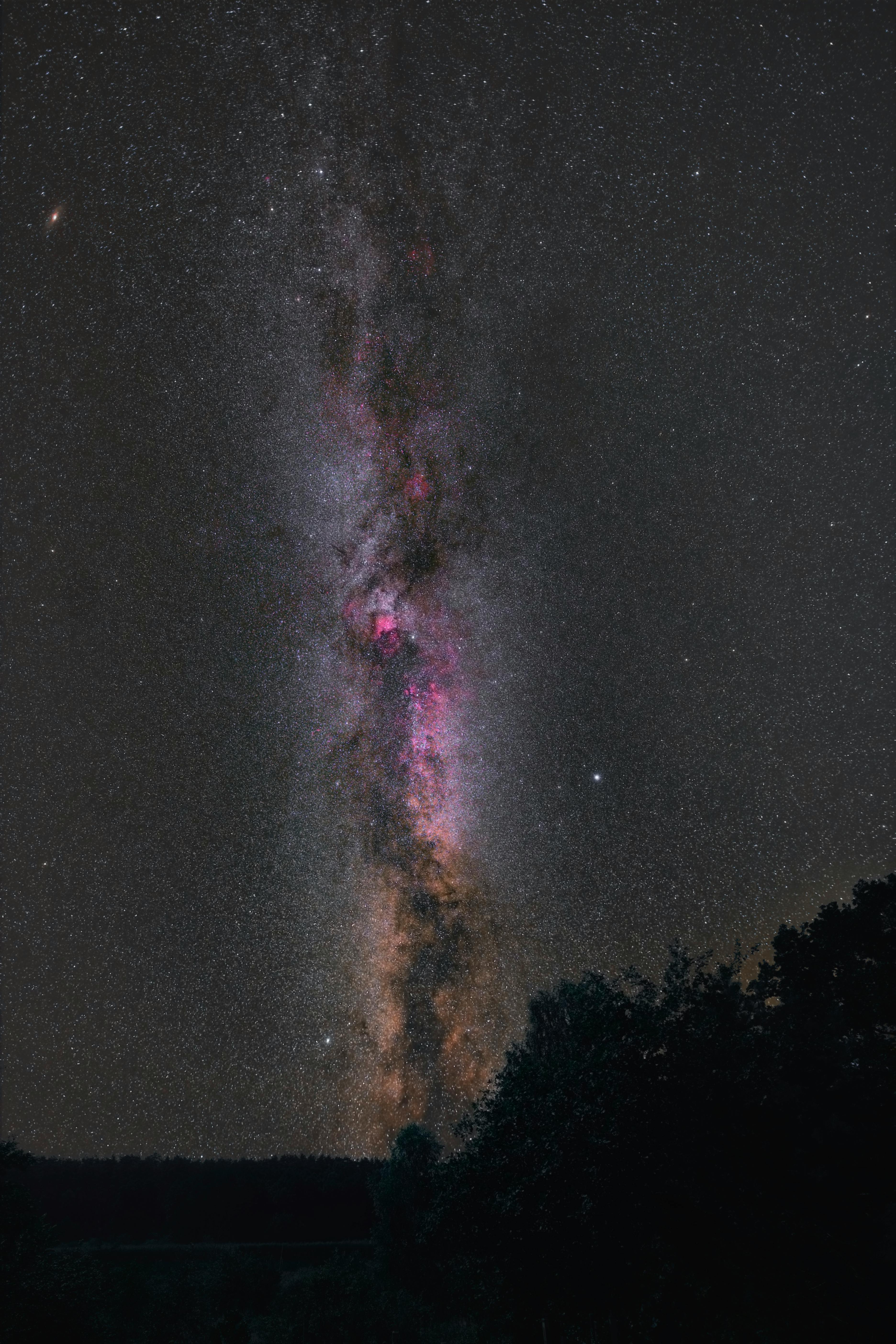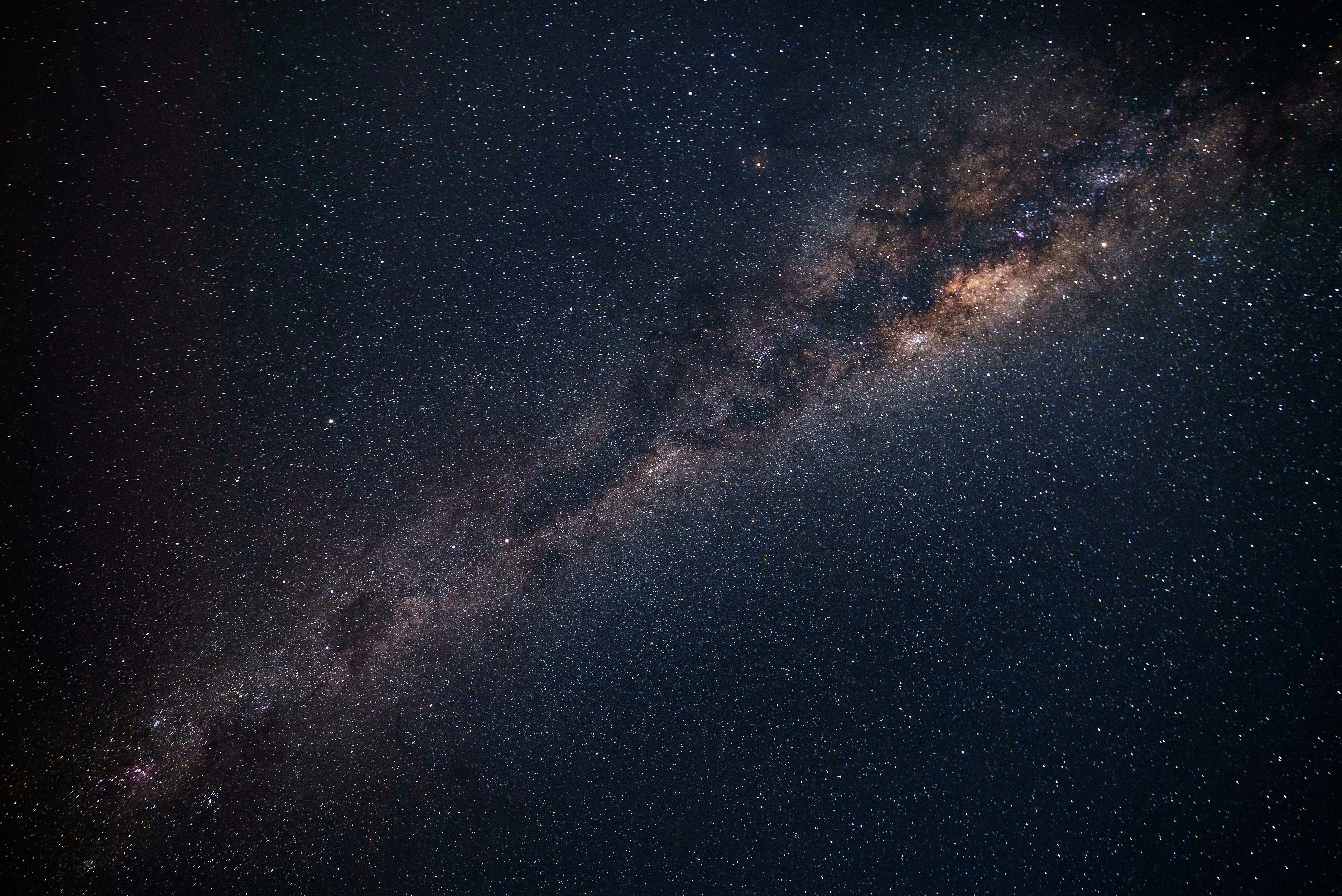Solar filters are a vital tool for safely observing and photographing the sun. But have you ever wondered how exactly these filters work? In this article, we will explore the fascinating science behind solar filters and answer the important question – are they safe to use? Whether you’re an astronomy enthusiast or simply curious about solar viewing, this informative piece will provide you with a deeper understanding of solar filters and the precautions to ensure a secure observation experience. Get ready to unlock the secrets of solar filters and discover the wonders of our nearest star!
Table of Contents
How Do Solar Filters Work?
Introduction to Solar Filters
Solar filters are specially designed devices that allow you to safely observe the sun without damaging your eyes. These filters work by reducing the intensity of the sun’s light and blocking out harmful radiation, making it possible for you to enjoy the beauty of our nearest star without putting your eyes at risk. Whether you are an amateur astronomer or just curious about solar events like eclipses, understanding how these filters work is crucial for a safe viewing experience.
The Purpose of Solar Filters
The primary purpose of solar filters is to protect your eyes from the powerful and potentially harmful rays emitted by the sun. Without proper eye protection, observing the sun can lead to serious eye injuries, including permanent damage to the retina. Solar filters act as a barrier, filtering out the majority of sunlight, while still allowing you to see the sun and its features clearly and without risk.
Types of Solar Filters
Solar filters come in various types, each with its own unique characteristics and applications. Here are four common types of solar filters:
1. Solar Film Filters
Solar film filters are made of thin sheets of plastic that are coated with a metal or dye-based material. These filters are lightweight, affordable, and widely used for solar photography and visual observation. Solar film filters can block out harmful ultraviolet (UV) and infrared (IR) radiation while allowing you to see the sun’s surface details.
2. Solar Glass Filters
Solar glass filters are made of specially coated glass that can block out a significant amount of sunlight. Unlike solar film filters, these glass filters are more durable and provide higher optical clarity. Solar glass filters are commonly used for solar telescopes and professional solar observation due to their superior image quality.
3. Solar Polymer Filters
Solar polymer filters are made of advanced synthetic materials, such as polymers, which possess excellent optical properties. These filters offer high transmission levels for visible light, while effectively blocking harmful radiation. Solar polymer filters are versatile, lightweight, and suitable for both visual observation and astrophotography.
4. Solar Telescope Filters
Solar telescope filters are specialized filters designed specifically for use with telescopes. These filters are available in various types, including film, glass, and polymer filters. Solar telescope filters are typically created to fit specific telescope models and offer high-performance solar viewing without compromising clarity or safety.
Mechanism of Solar Filters
Solar filters employ different mechanisms to protect your eyes during solar observation. Here are three common mechanisms used by solar filters:
1. Absorption Filters
Absorption filters work by absorbing a specific wavelength or range of wavelengths of the sun’s light. These filters are designed to block out harmful radiation by absorbing it within the filter material itself. The absorbed energy is then dissipated as heat, ensuring that only safe levels of light reach your eyes.
2. Reflection Filters
Reflection filters, also known as mirror filters, reflect specific wavelengths of light away from your eyes while allowing harmless visible light to pass through. These filters use precisely designed reflective coatings to redirect harmful radiation away from your eyes, offering a high level of safety during solar observation.
3. Polarization Filters
Polarization filters work by selectively allowing light waves to pass through based on their orientation. These filters reduce the intensity of the sun’s light by blocking out certain polarizations, thereby diminishing the overall brightness. Polarization filters are commonly used in combination with other solar filters to further enhance eye safety and comfort.

Are Solar Filters Safe?
Potential Risks of Solar Observation
Observing the sun without proper eye protection can be extremely dangerous and potentially cause irreversible damage to your eyesight. The intense light and radiation emitted by the sun can harm the delicate tissues of your eyes, including the retina. This can lead to conditions such as solar retinopathy, which can manifest as blurred vision, central blind spots, or even a permanent loss of vision.
The Importance of Using Solar Filters
Using solar filters is of utmost importance to ensure the safety of your eyes during solar observation. Even though the sun may appear harmless to the naked eye, its intense brightness can cause significant damage to your eyesight. By using appropriate solar filters, you can enjoy observing the sun’s features and events while protecting your eyes from harmful radiation.
Choosing Safe Solar Filters
When selecting solar filters, it is crucial to prioritize safety. Here are some key considerations to keep in mind:
1. Certified Filters
Always choose solar filters that are certified by reputable authorities, such as the International Organization for Standardization (ISO). Certified filters have undergone rigorous testing to ensure they meet specific safety standards and provide adequate protection during solar observation.
2. Proper Usage and Installation
Follow the manufacturer’s instructions for proper usage and installation of solar filters. Incorrect installation or misuse of filters can compromise their effectiveness and put your eyes at risk. Ensure that the filters fit securely over your observing equipment and are properly aligned to provide optimal protection.
3. Inspection and Maintenance
Regularly inspect your solar filters for any signs of damage or wear. Scratches, cracks, or degraded coatings can affect the filter’s ability to block out harmful radiation. Replace damaged filters promptly to ensure ongoing eye safety during solar observation.
4. Recommendations from Experts
Consult with astronomy experts and experienced solar observers for recommendations on reliable solar filters. They can provide valuable insights and guide you towards the most appropriate filters based on your specific needs and equipment.
5. Protective Gear for Solar Observations
In addition to solar filters, consider wearing additional protective gear during solar observations. This may include safety glasses specifically designed for solar viewing, which offer an additional layer of eye protection.
Precautions for Children and Individuals with Eye Conditions
It is essential to exercise extra caution when allowing children or individuals with pre-existing eye conditions to observe the sun. Children’s eyes are more sensitive to damage, and individuals with conditions such as cataracts or retina-related issues may be more susceptible to harm. Ensure they use appropriate solar filters and closely supervise their solar observation activities.
In conclusion, solar filters play a vital role in ensuring the safety of your eyes while observing the sun. By understanding how these filters work and following recommended safety guidelines, you can enjoy the wonders of solar observation without compromising your vision. Remember to prioritize your eye health, use certified filters, and seek guidance from experts to make the most of your solar viewing experiences. Happy observing!

